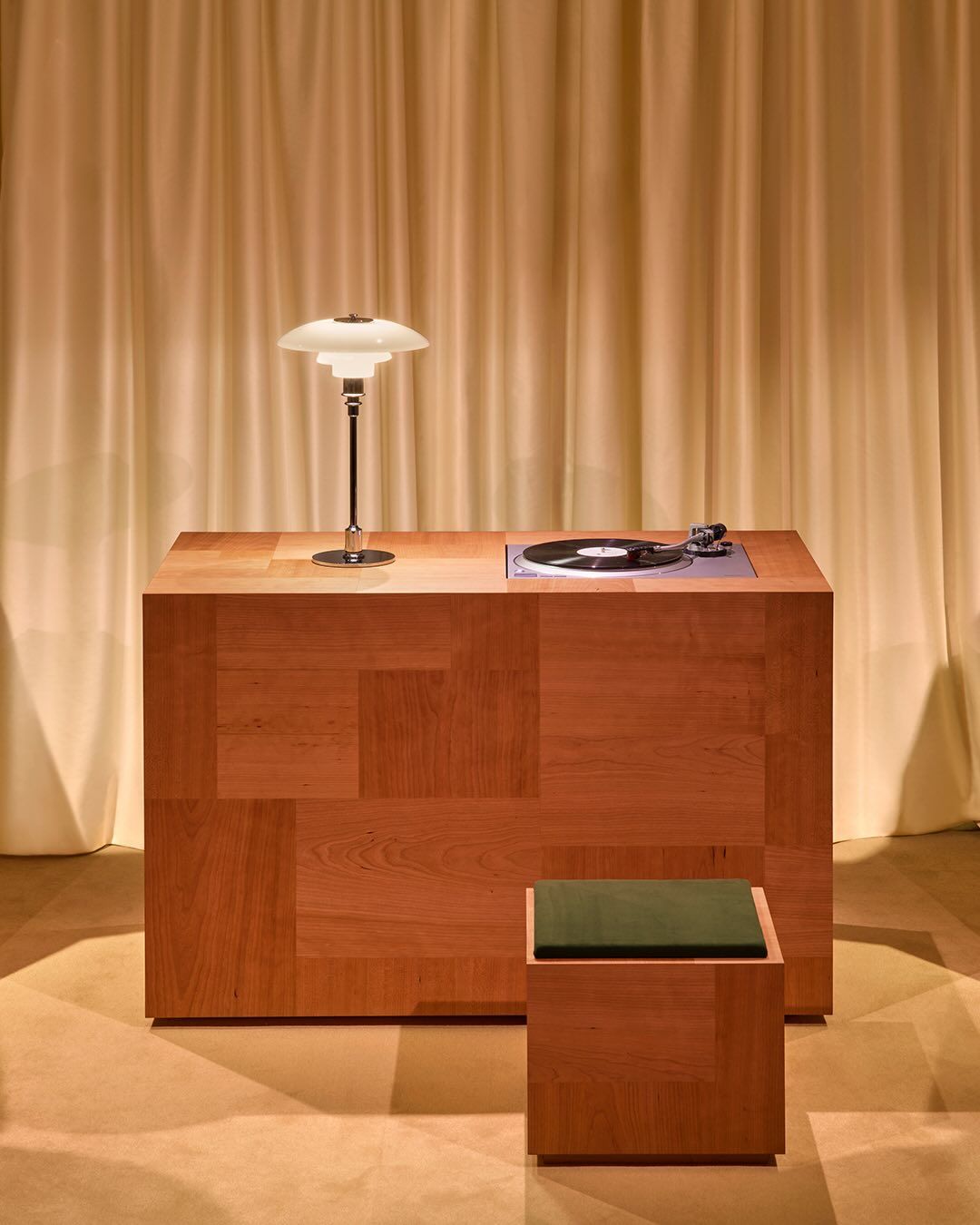
Virgil Abloh's latest project supposed to be a DAO And now you're asking what the hell is a Decentralized Autonomous Organization?
Among all the messages of remembrance and condolences for the disappearance of Virgil Abloh, that of Fred Ehrsam - co-founder of coinbase and guru of the new Internet - is particularly interesting. Ersham didn't share a memory or a thought about Abloh, but what was to be one of his future projects: SKYSCRAPER. In a series of tweets - published with the approval of Virgil's team - Ehrsam revealed that Abloh was working on his first NFT and above all on a DAO, a new kind of online community based on blockchain technology. It is one of those buzzwords that, as has happened in recent months for "metaverse" and "NFT", bounce between insiders and digital pioneers and then land in the mainstream. According to many, the DAOs - Decentralized Autonomous Organization - will be a revolution equal to cryptocurrencies because they will give the possibility to create efficient communities, without geographical, linguistic or operational limits, catapulting the internet and the contemporary culture into a new phase. The fact that Abloh was working on a DAO testifies to the fact that the moment when the DAOs will revolutionize our lives is much closer than we think.
Virgil Abloh was a pioneer in music, art, and fashion. Most people don't know he was also ahead of the curve on Web3.
— Fred Ehrsam (@FEhrsam) November 29, 2021
Shared with permission from his team, here is an early iteration of a DAO he envisioned.https://t.co/nb0hSmnAi9
In the series of tweets, Ehrsam revealed that Virgil saw this as his" final act "A long project to get out from under myself. Having broken down barriers with record labels and fashion houses to become a wildly successful entrepreneur, he wanted to fundamentally change the balance of power in favor of creators". Ersham also released an entire wip presentation to outline objectives and structure.
“SKYSCRAPERis a digital design community – a secure digital destination for both emerging and established artists to showcase their physical and digital designs. A platform for the future that harnesses the design, culture and common values from the past".
Physical and virtual products are therefore instrumental in achieving the organization's objectives, useful for raising funds and interest. Ehrsam has among other things revealed what was to be the first NFT signed by Virgil Abloh called Self Portrait: "It is his envisioned DAO smashing through the Louvre, representing Web3 smashing the barriers to entry for all creators."
This was to be Virgil's first NFT, “Self Portrait”. It is his envisioned DAO smashing through the Louvre, representing Web3 smashing the barriers to entry for all creators.
— Fred Ehrsam (@FEhrsam) November 29, 2021
Uploading it here for anyone to right-click save, as he would have wanted. RIP Virgil. pic.twitter.com/lf2892C92L
Although the promises are very similar to other utopias of the web (even Instagram promised a neutral platform for creators), the DAOs will be fundamentally different because they are based on Blockchain technology which in its essence decentralizes processes, which presupposes a rethinking of the current power structures.
What are DAOs and how do they work?
The basic idea of DAOs is to overcome the structural limitations of decentralized organizations. Imagine a collective made up of 100 international artists who want to get active for charity activities. There will be many decisions to be made (to whom to donate the money? What platform to use to sell the goods?) so it will be necessary to make everyone agree, organize meetings and however much this kind of organization aspires to be "horizontal" (without a boss), those same practical dynamics bring out a power structure, which will pollute the neutrality of the organization. A DAO is a profound concept in support of an organization that operates exclusively following the rules imposed by the code that constitutes the smart contract according to which it was programmed, which is even publicly verifiable. The DAO is autonomous because it operates following the set of rules embodied in its smart contract, without the intervention of anyone, except at the time of its creation. The organization is totally independent from its creators and cannot be influenced in any way from the outside.
The key feature of a DAO is precisely the smart contract, that is, the one that establishes the rules of the organization, and is also responsible for keeping the group's treasury. When the smart contract becomes public on Ethereum, its rules can only be changed following a vote. At that point it will be impossible for anyone to do anything against the rules or logic of the code. Since the treasury is also defined by the smart contract, the money cannot be spent without having the approval of the group. This allows the organization to avoid being sabotaged or slowed down from within, to take the example of the collective of 100 artists, the DAO will limit inefficiencies caused by the members themselves and will ensure a "watertight" until the goal is reached. In a DAO, every holder of a DAO token theoretically has an equal say, unlike say a board of directors. Still, the emerging entities raise just as many questions as they do options.
DAOs - like cryptocurrencies - are based on a different vision from the current internet (no we are not talking about that nebula of the "metaverse") but of the web3. The original name was web 3.0 but its fundamentally different nature has prompted those who are trying to build web3 to change its name. The term refers to a decentralized web, a different functioning of the internet in which the client / server structure (in which data is managed and stored by trusted central bodies) would be replaced by blockchain technology (a ledger distributed on a peer to peer network) and a set of new protocols. This new configuration would make it possible to innovate the way in which data is managed, removing power from central government structures, because they would be stored in multiple copies on a peer to peer computer network. Virgil saw Web3, in his own words, as an opportunity to "inch us a little closer toward a utopia for creativity".











































































